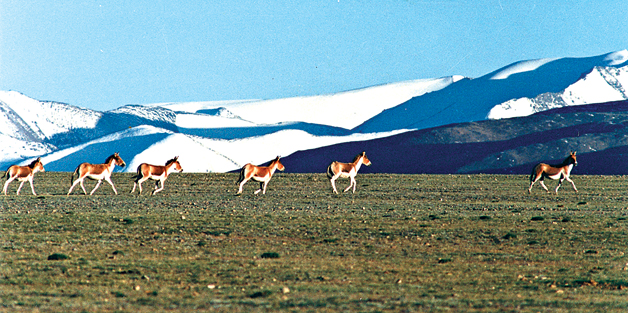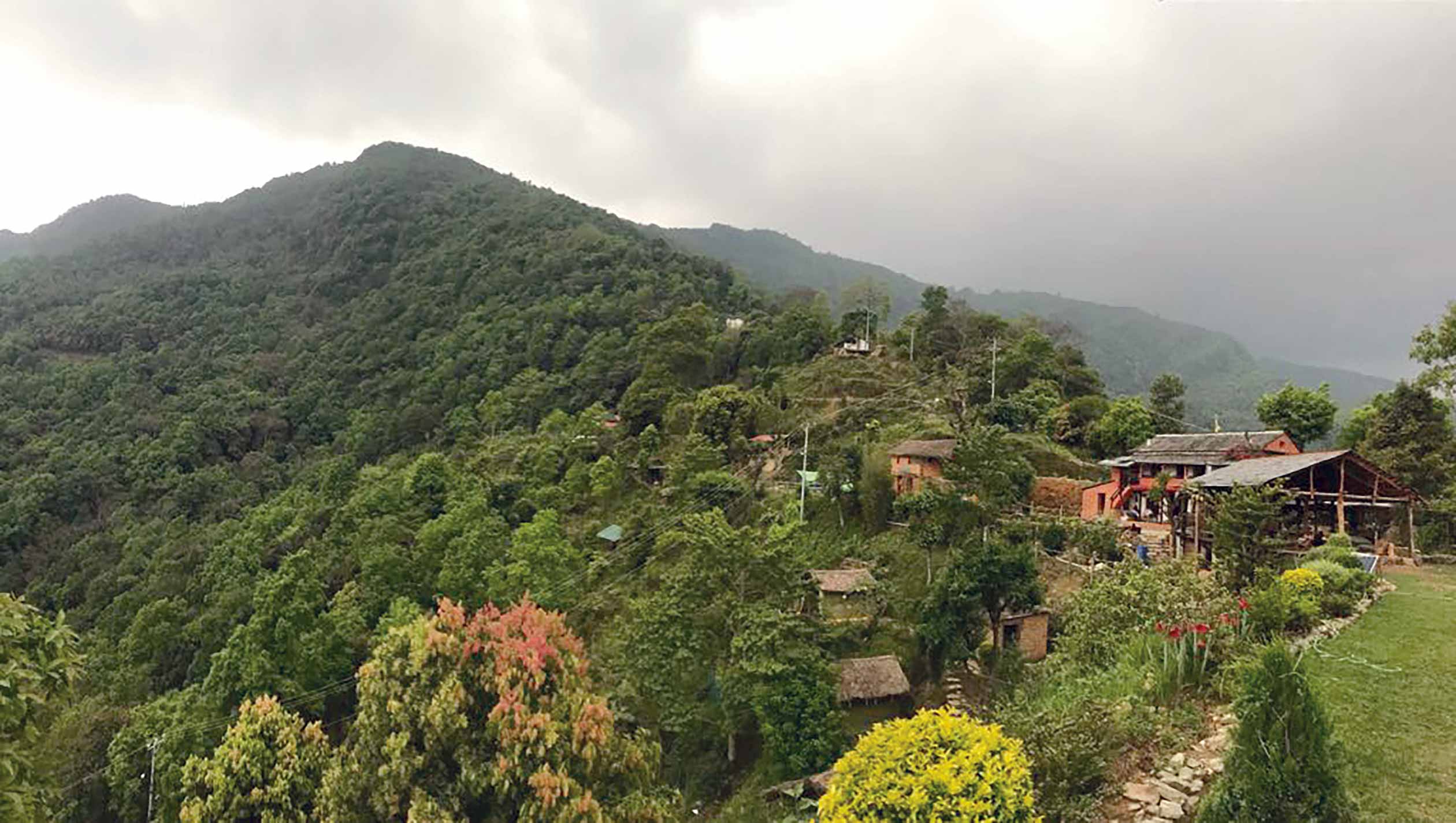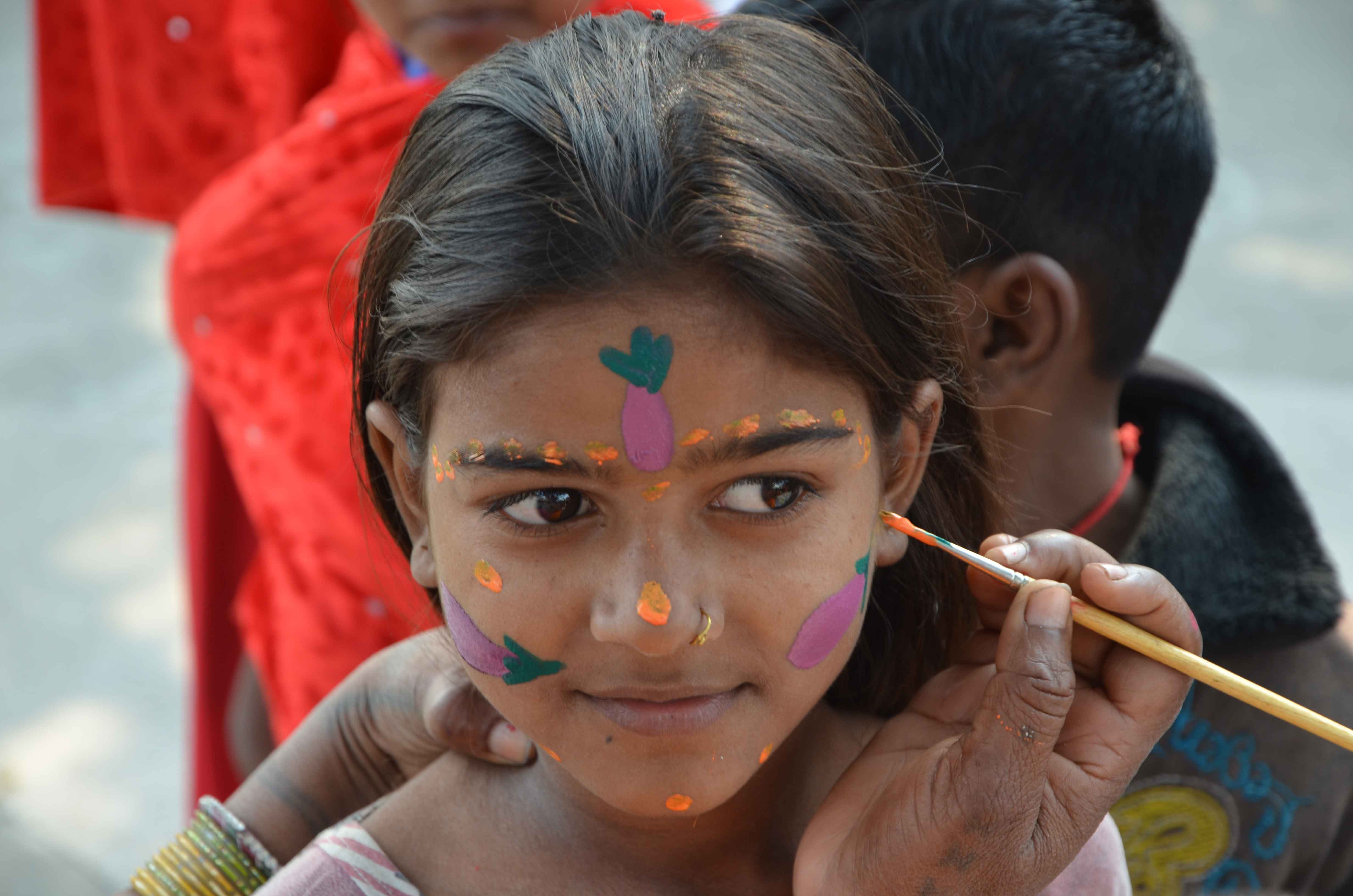
Twenty years ago, the Tibet Autonomous Region government established the first major protected area in the world to be managed without wardens. March 2009 marks the 20th anniversary of the Qomolangma (Everest) National Nature Preserve (QNNP), a pioneering model for how to integrate nature conservation with community development.
In twenty years, the QNNP has: Increased population numbers of endangered wildlife, including the Snow Leopard, Wild Ass, and Blue Sheep
These achievements of nature conservation and socio-economic development required a partnership of government agencies, communities and external actors. The first management plan was accomplished with support from all levels of government, the Chinese Academy of Sciences, and the Tibet Academy of Social Sciences. Future Generations/China, the international non-government organization that also supports China’s Green Long March, played a major role in training local partners, facilitating more than 40 study tours and educational opportunities in conservation and community development. Most importantly, 86,000 local people, living in some of the world’s harshest high elevation conditions and in two of China’s poorest counties, were called upon to change their behaviors, to stop killing wild animals and stop cutting the juniper.
To encourage conservation stewardship and to also support socio-economic development, Future Generations and the QNNP Management Bureau developed the Pendeba Program. Pendeba is a new Tibetan word meaning ‘worker who benefits the village’. Villages within the QNNP nominate a local man and woman to be trained as Pendebas and to bring their learning and skills back to the village. Training emphasizes: basic primary health, sanitation, maintaining tree nurseries and kitchen gardens, conservation concepts, and opportunities for income generation. Local people, in extremely remote places, now have a neighbor to whom they could turn for help. To date, 213 Pendebas, supported by 20 senior Pendebas, have been trained in the QNNP.
The Tibet Department of Science and Technology has since taken notice of the Pendeba Program as a new direction for sustaining community-based services and linking community development directly with nature conservation. In 2002, the Pendeba Program concept was expanded to the Four Great Rivers region, the world’s fourth largest protected area in southeastern Tibet including all of Chamdo and Linzhi Prefectures. Alongside Future Generations, the Tibet Department of Science and Technology has trained more than 400 Pendebas in animal husbandry, greenhouse construction, kitchen gardens, sanitation, the use of non-timber forest products, and primary health.
Both the QNNP and Four Great Rivers represent a new model of large-scale community-based nature conservation. The core feature of this model is that it defines protected areas using political boundaries (four counties in the case of the QNNP and two prefectures in the case of Four Great Rivers). Conservation is placed in the context of the existing administrative structure, eliminating the need for a separate management structure and dramatically reducing costs. The most important result is that the local people are engaged as partners—each local person’s job description (whether farmer, school teacher, village leader, or health worker) is redefined to include conservation.
The other significant benefit is that both nature conservation and community-based development adapt to local conditions and environments. In places as ecologically diverse as Tibet, this is essential. Counties adapt their management plans around specific conservation goals and needs. Pendeba training topics and strategies also vary in response to local interests and priorities.
These many lessons from Tibet are now being extended by Future Generations across China through the Green Long March and Model Eco-Communities projects. They are also shared in greater detail in the Future Generations/China and W.W. Norton book, Across the Tibetan Plateau: Ecosystems, Wildlife, and Conservation, by Robert Fleming, Dorje Tsering, and Liu Wulin. The Chinese and Tibetan versions are being publicly released in Beijing on January 14, 2009.











